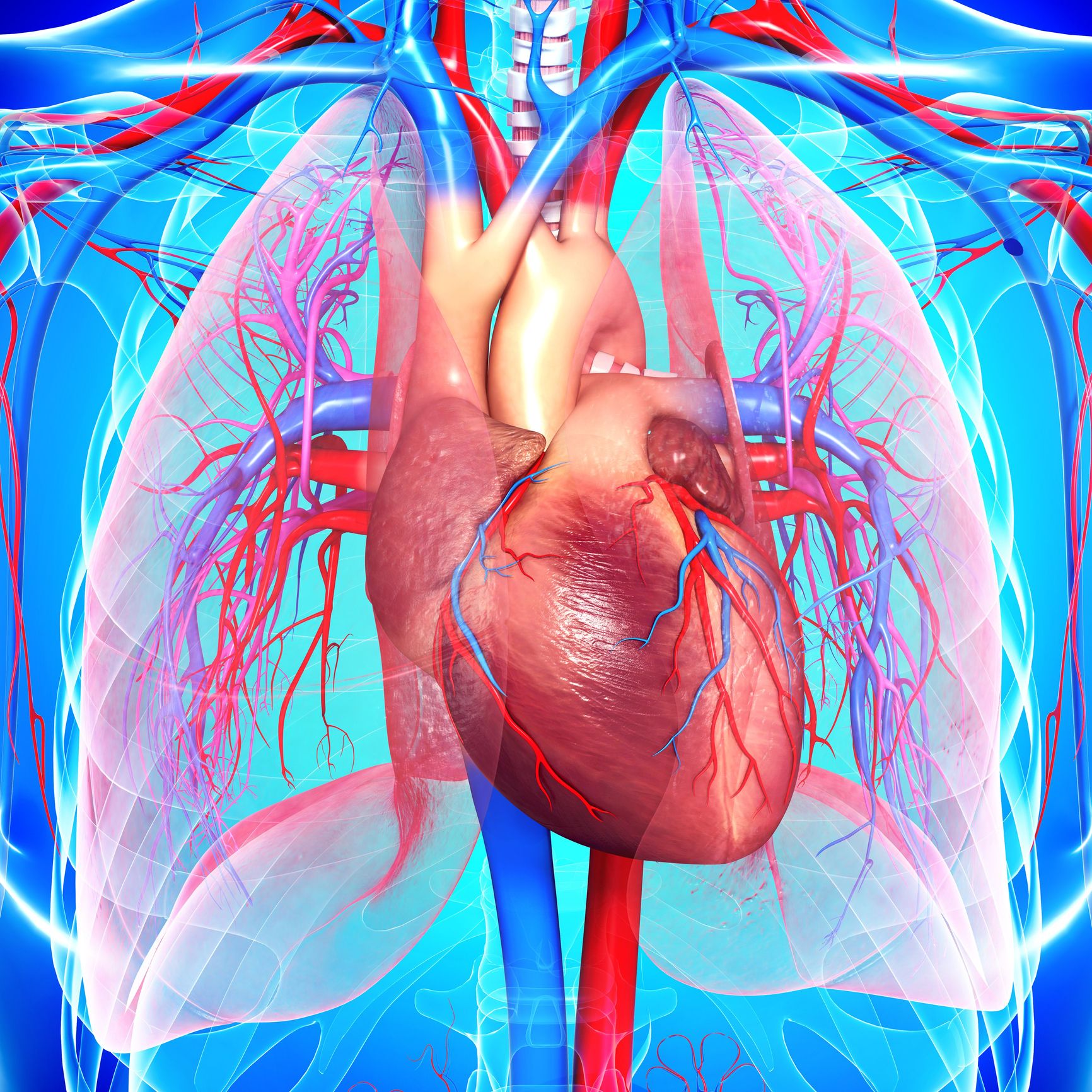Empowering Minds: Holistic Mental Health Support

Empowering Minds: Holistic Mental Health Support
Navigating the complexities of mental health requires a comprehensive and holistic approach to support individuals on their wellness journey. Mental health support goes beyond addressing symptoms; it involves empowering individuals with the tools, resources, and community connections needed for sustained well-being.
Understanding the Spectrum of Mental Health
At the core of effective mental health support is a deep understanding of the spectrum of mental health. From common stressors to more complex conditions, a holistic approach acknowledges the diverse range of experiences individuals may face. By recognizing the uniqueness of each person’s mental health journey, tailored support can be provided.
Therapeutic Modalities for Personalized Care
A cornerstone of holistic mental health support lies in therapeutic modalities that offer personalized care. Psychotherapy, cognitive-behavioral therapy (CBT), mindfulness practices, and expressive therapies are among the diverse approaches that cater to individual needs. These modalities empower individuals to explore and address underlying issues contributing to their mental health challenges.
Community Engagement for Social Support
Building a supportive community is vital for mental health. Holistic mental health support encourages community engagement, fostering social connections that provide a sense of belonging. Support groups, community events, and online forums offer spaces for individuals to share experiences, offer encouragement, and receive understanding from others facing similar challenges.
Wellness Programs for Holistic Well-being
Holistic mental health support extends beyond traditional therapeutic interventions to encompass wellness programs. These programs may include activities like yoga, meditation, nutritional counseling, and fitness routines. By addressing physical, emotional, and social dimensions, wellness programs contribute to holistic well-being.
Emphasis on Prevention and Early Intervention
A proactive approach to mental health involves prevention and early intervention strategies. Educational initiatives, mental health screenings, and awareness campaigns aim to reduce stigma and promote early recognition of mental health concerns. Timely intervention can prevent the escalation of issues and improve long-term outcomes.
Cultural Competence in Mental Health Services
Recognizing and respecting cultural diversity is fundamental in providing effective mental health support. Cultural competence ensures that mental health services are tailored to individual cultural backgrounds, taking into account diverse perspectives on mental health, treatment preferences, and societal influences on well-being.
Technology Integration for Accessibility
In the digital age, technology plays a crucial role in making mental health support accessible. Teletherapy, mental health apps, and online resources provide convenient avenues for seeking support. Technology integration ensures that individuals can connect with mental health professionals, access information, and participate in virtual support networks.
To explore more about holistic mental health support, visit Mental Health Support. This platform serves as a resource hub, offering insights, articles, and connections to mental health professionals. Holistic mental health support empowers individuals to proactively manage their well-being, fostering resilience and creating a foundation for a fulfilling life.







